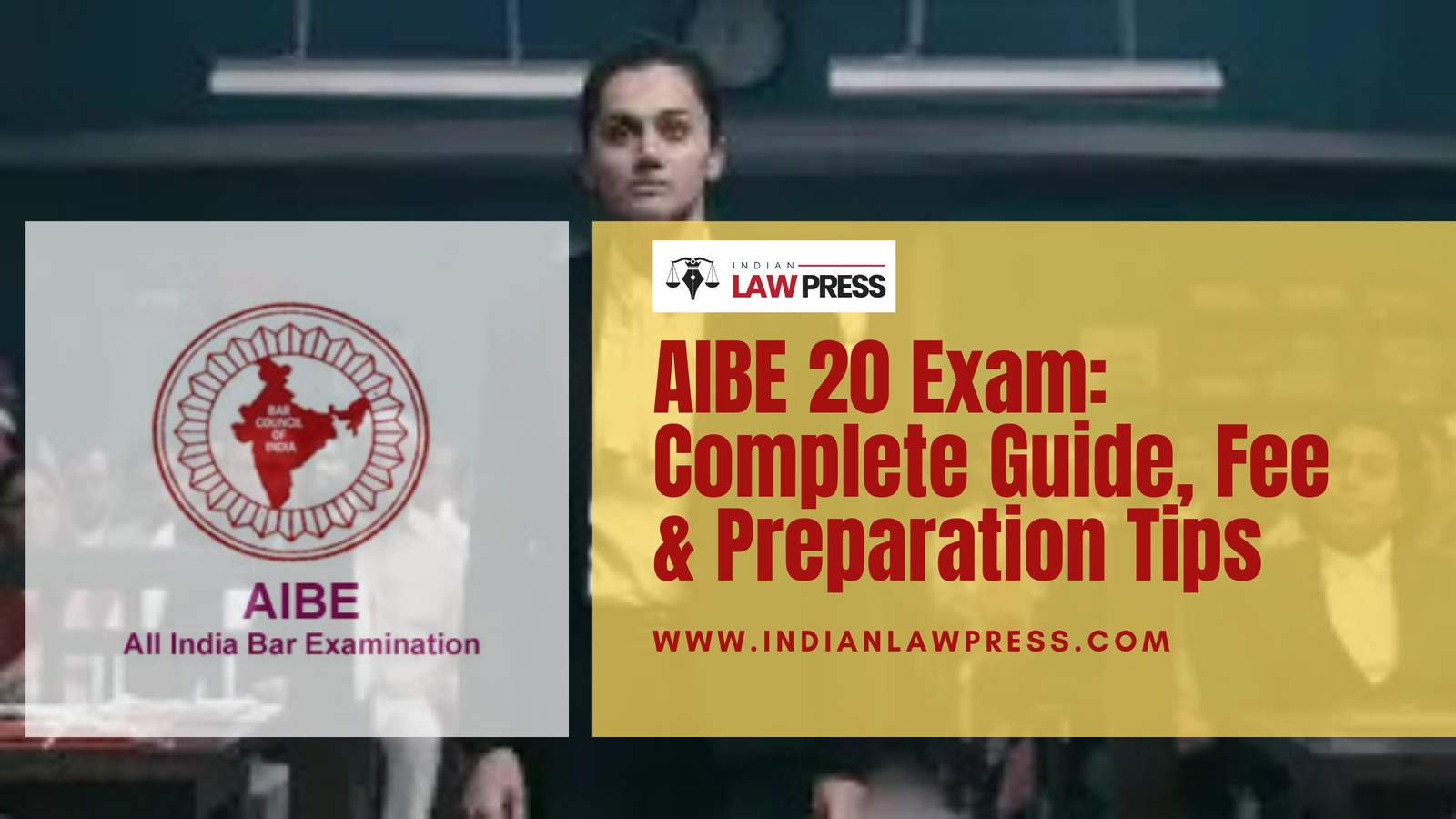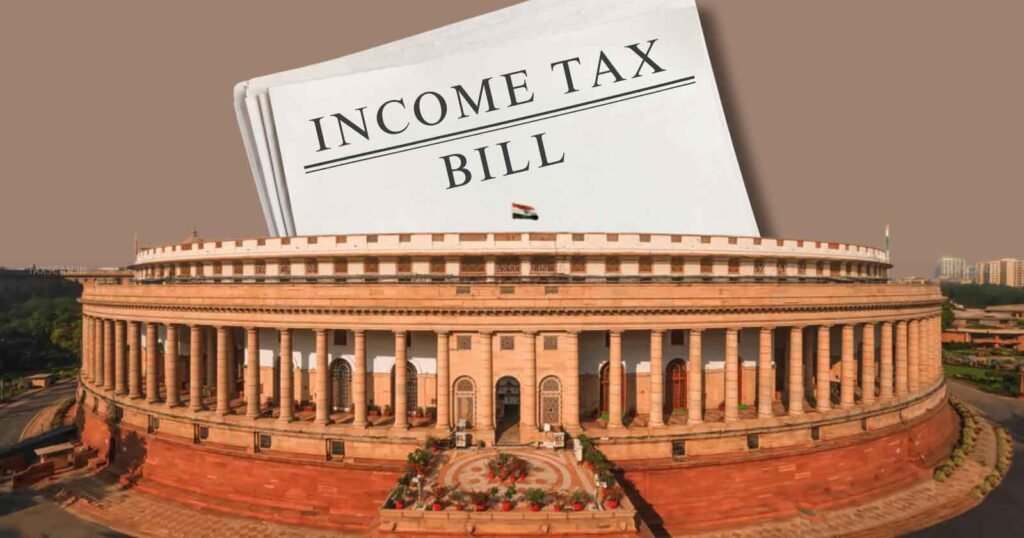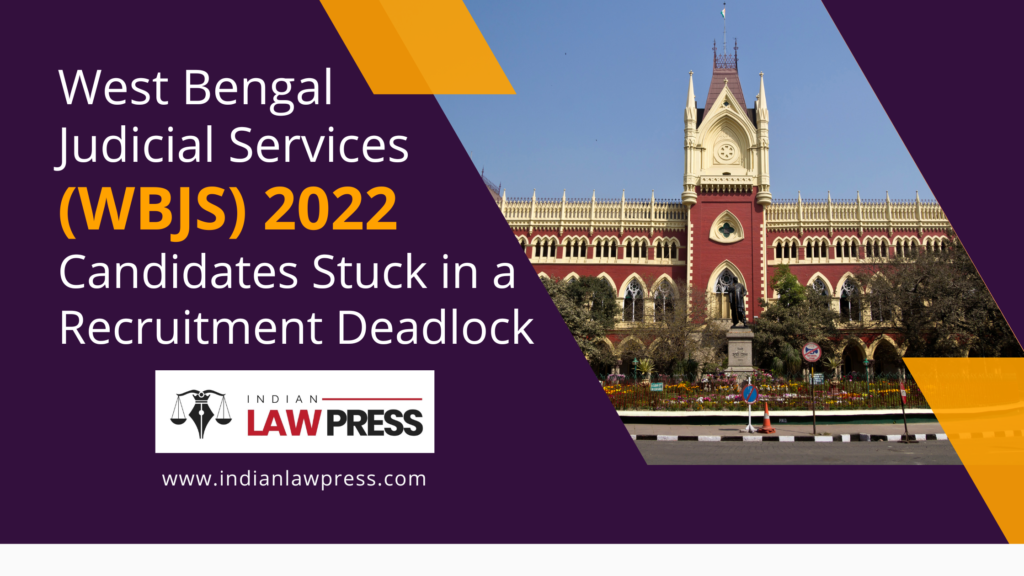AIBE 20 approaching, law graduates often have questions about its eligibility, exam pattern, syllabus, fee structure, and preparation strategies. This blog gives you a complete guide to AIBE 20, along with expert preparation tips to help you pass the exam confidently.
Introduction
The All-India Bar Examination (AIBE) is a qualifying test conducted by the Bar Council of India (BCI) for law graduates who want to practice as advocates in Indian courts. Clearing AIBE is mandatory to obtain the Certificate of Practice (COP), making it one of the most important exams for young lawyers.
With AIBE 20 approaching, law graduates often have questions about its eligibility, exam pattern, syllabus, fee structure, and preparation strategies. This blog gives you a complete guide to AIBE 20, along with expert preparation tips to help you pass the exam confidently.
What is AIBE?
The All-India Bar Examination (AIBE) was introduced in 2010 by the Bar Council of India. It is conducted annually to assess whether a law graduate has the minimum knowledge required to practice law. Once a candidate passes, they receive the Certificate of Practice (COP), which allows them to practice in courts across India.
AIBE Eligibility:
- Must hold a 3-year or 5-year LLB degree.
- Must be enrolled with a State Bar Council.
- Both fresh graduates and practicing advocates can apply.
AIBE 20 Exam Pattern
- Mode of Exam: Offline (OMR sheet based)
- Duration: 3 hours 30 minutes
- Type of Questions: Multiple-choice (MCQs)
- Total Marks: 100
- Passing Marks: 40% (40 marks) for General/OBC, 35% (35 marks) for SC/ST
- Negative Marking: None
Important Note: AIBE used to be an open book exam, but from recent editions, candidates are only allowed to carry bare acts without notes or commentary.
AIBE 20 Syllabus 2025
The AIBE covers 20 subjects taught in LLB programs. Some subjects carry more weightage than others:
- Constitutional Law – 10 Qs
- Criminal Procedure Code (CrPC) – 10 Qs
- Indian Penal Code (IPC) – 8 Qs
- Civil Procedure Code (CPC) – 10 Qs
- Evidence Act – 8 Qs
- Contract Law – 8 Qs
- Torts – 5 Qs
- Public Interest Litigation (PIL) – 4 Qs
- Company Law, Family Law, Environmental Law, Cyber Law, etc. – remaining weightage
👉 Focus should be on Constitution, IPC, CrPC, CPC, and Evidence Act since they carry maximum marks.
AIBE 20 Fee Structure
- General/OBC candidates: ₹3,500
- SC/ST candidates: ₹2,500
- Payment Mode: Online (debit/credit card, net banking)
- Additional charges may apply for late submission.
AIBE 20 Preparation Tips
Start with Bare Acts
- Bare Acts are the most important resource for AIBE.
- Read provisions carefully and focus on definitions, explanations, and illustrations.
Focus on Landmark Judgments
- Some questions may indirectly relate to important case laws.
- Revise judgments like Kesavananda Bharati, Maneka Gandhi, Shah Bano Case, etc.
Solve Previous Year Papers
- AIBE often repeats question patterns.
- Solving past papers helps you identify high-weightage topics.
Time Management
- With 100 questions in 3.5 hours, time is not a major issue.
- However, focus on accuracy since there is no negative marking.
Revise Short Notes & Quick References
- Prepare summary sheets for Constitution, IPC, CPC, CrPC, and Evidence Act.
- Use sticky notes for quick revision before the exam.
Recommended Books & Resources for AIBE 20
- Bare Acts (without notes or commentary) – Most essential
- AIBE Previous Year Papers by LexisNexis or Universal
- Online mock tests (many coaching portals offer free ones)
- Law compendiums for quick reference
FAQs on AIBE 20
Q1. Is AIBE compulsory for all law graduates?
👉 Yes, passing AIBE is mandatory to get the Certificate of Practice. Without it, you cannot appear in court as an advocate.
Q2. Is AIBE an open book exam?
👉 Not anymore. Candidates are only allowed to carry bare acts without notes.
Q3. What is the passing mark for AIBE 20?
👉 General/OBC – 40 marks; SC/ST – 35 marks.
Q4. How to prepare for AIBE in 30 days?
👉 Focus on bare acts + previous year papers. Allocate 1 week each to Constitution, IPC/CrPC, CPC, Evidence, and Contract.
Conclusion
The AIBE is not a difficult exam, but it requires smart preparation and familiarity with Bare Acts. By focusing on high-weightage subjects, practicing past papers, and managing time effectively, you can clear AIBE 19 with ease.
Stay consistent, revise regularly, and remember—the Certificate of Practice is your gateway to a successful legal career.
For more AIBE notes, updates, and preparation tips, follow Indian Law Press.
Also Read: Supreme Court Dismisses Plea Against ₹3,500 AIBE Fee Charged by BCI






